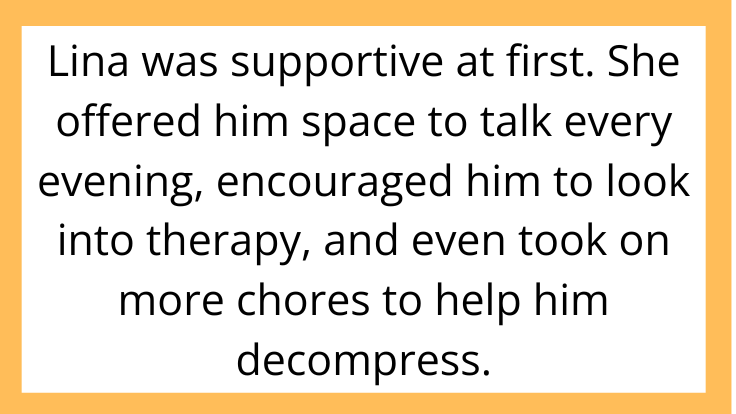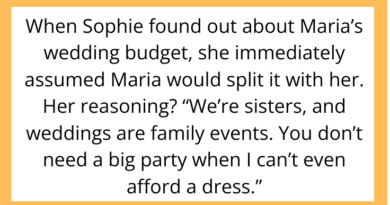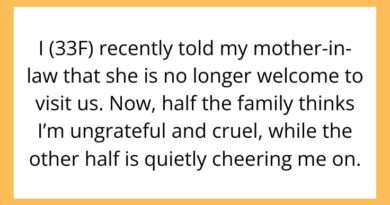AITAH for Telling My Husband I’m Not His Therapist After He Vented for Hours Every Night?
Marriage is built on love, trust, and emotional support—but what happens when one partner starts to rely on the other for everything? In today’s AITAH breakdown, we explore the tricky territory between being emotionally available and becoming someone’s unpaid therapist.
Is it wrong to draw a line when your partner unloads their emotional baggage night after night? Let’s unpack this controversial post.
The Background: Emotional Exhaustion in the Name of Love

A 34-year-old woman—we’ll call her Lina—posted on r/AITAH with a situation many quietly relate to but few openly talk about. Her husband, Evan, 36, recently went through a series of stressful events: job loss, a health scare with his father, and growing dissatisfaction with his career path.
Lina was supportive at first. She offered him space to talk every evening, encouraged him to look into therapy, and even took on more chores to help him decompress.
But months later, things hadn’t changed. In fact, they’d escalated.
Evan began using every evening—sometimes up to three hours—as a venting session. From the moment dinner ended until bedtime, it was a monologue of complaints, existential fears, and negativity. Lina never got to talk about her own day. There was no mutual exchange—only emotional dumping.
The Breaking Point: “I’m Not Your Therapist”
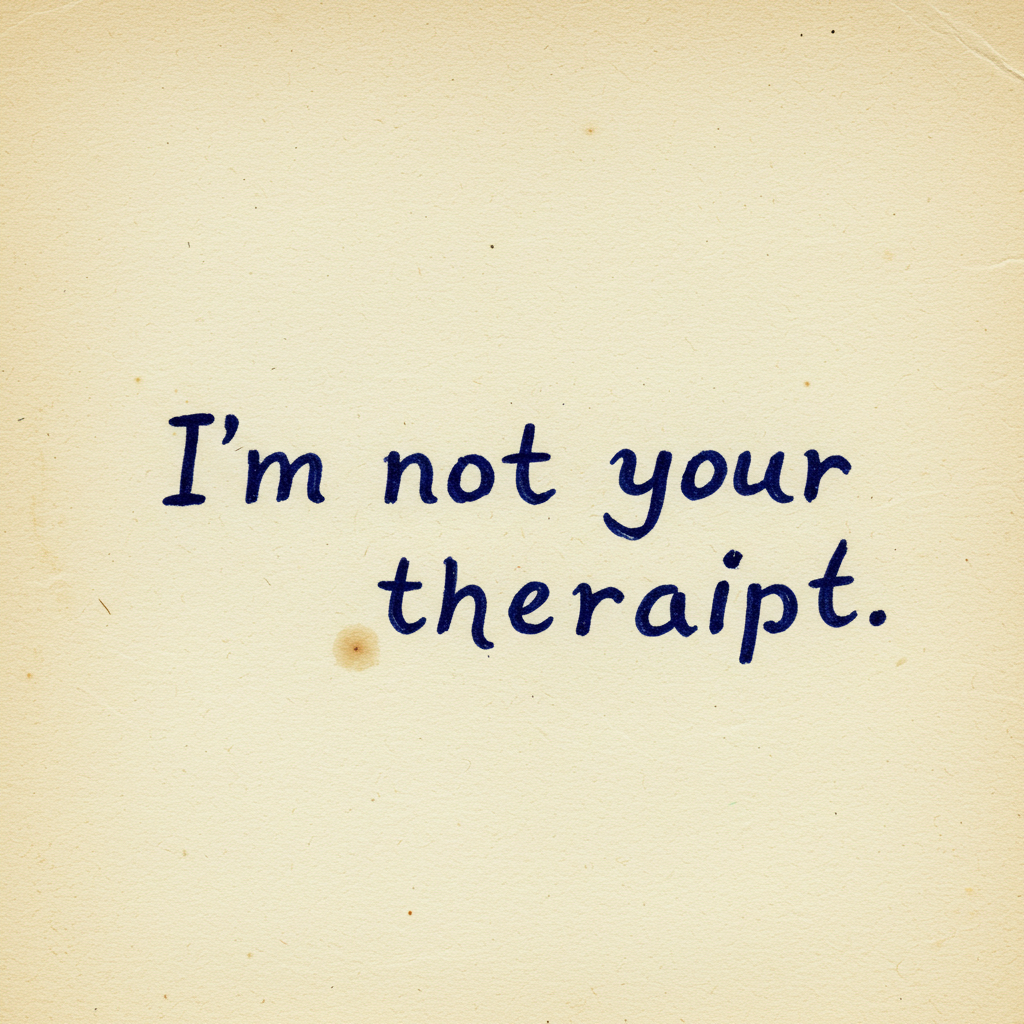
One night, after another long, one-sided conversation, Lina snapped.
“I’m not your therapist,” she told him. “I love you, and I care—but I need space to be a person in this relationship too.”
Evan was stunned—and hurt. He accused Lina of being cold, selfish, and dismissive of his mental health. According to him, spouses should be each other’s emotional lifelines.
Lina started to wonder: AITAH for setting this boundary?
Emotional Labor: When Support Turns Into a Burden
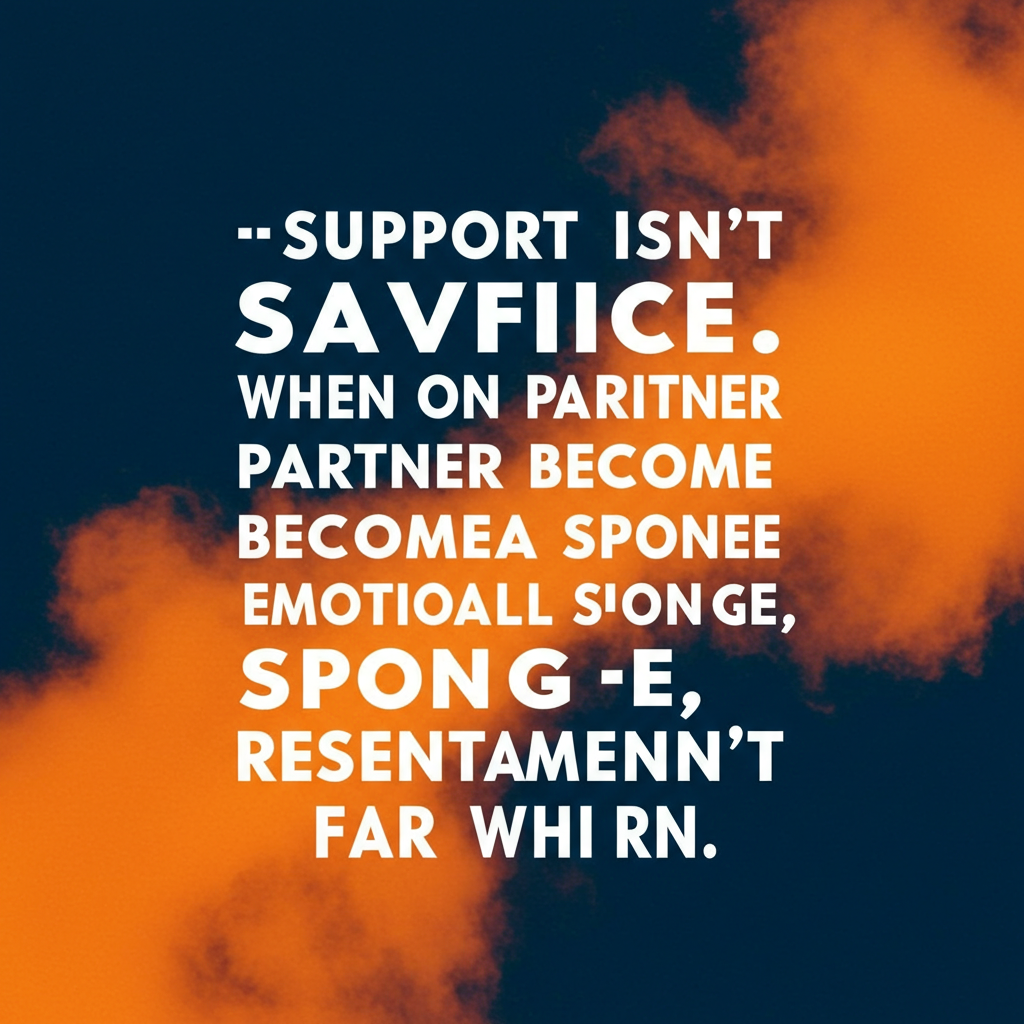
What Is Emotional Dumping?
Emotional dumping is when someone offloads all their emotional stress onto another person without regard for boundaries, timing, or reciprocity. It’s different from healthy emotional sharing, which involves mutual dialogue, listening, and check-ins.
Lina wasn’t refusing to support Evan—she was drowning in the constant weight of his unprocessed emotions.
When Caregiving Becomes One-Sided
One of the most common, yet rarely discussed, imbalances in relationships is emotional caregiving. Often, one partner becomes the “therapist,” while the other takes on the role of constant patient. Over time, this dynamic leads to:
-
Burnout
-
Resentment
-
Emotional detachment
Lina had reached that breaking point.
Reddit’s Take: “Support, Yes—Sacrifice, No”
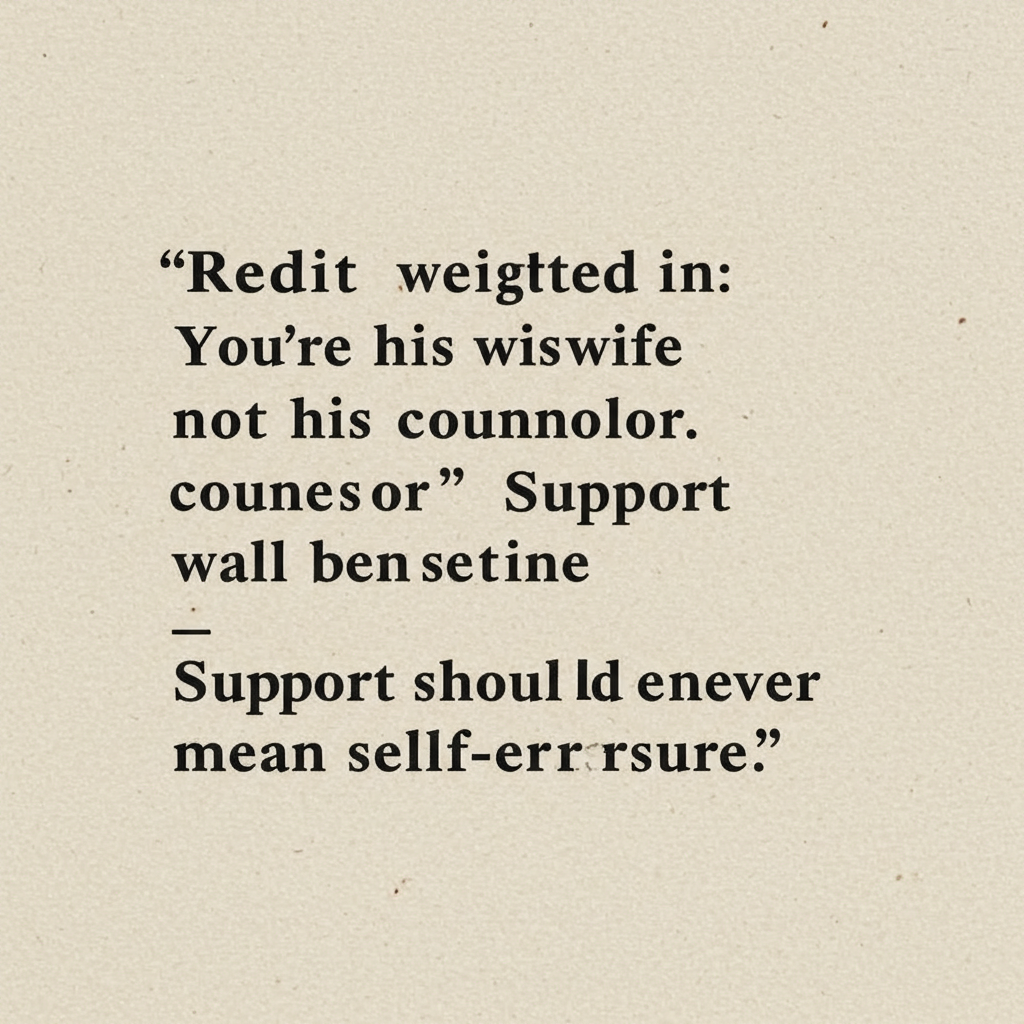
Commenters overwhelmingly sided with Lina.
“You’re his wife, not his counselor,” one person wrote. “It’s not sustainable or fair to expect you to absorb all his emotions without pause.”
Another added: “Everyone needs support, but that includes you too. A healthy relationship has emotional give and take.”
However, a few users pointed out that Evan may be struggling with depression or anxiety—and hearing “I’m not your therapist” might have felt like abandonment in a vulnerable moment.
One top suggestion? Better delivery. “Instead of rejecting the role,” a commenter said, “you could say, ‘I want to help, but I can’t be your only outlet. Have you considered seeing someone trained to guide you through this?’”
The Heart of the Issue: Boundaries Aren’t Rejection
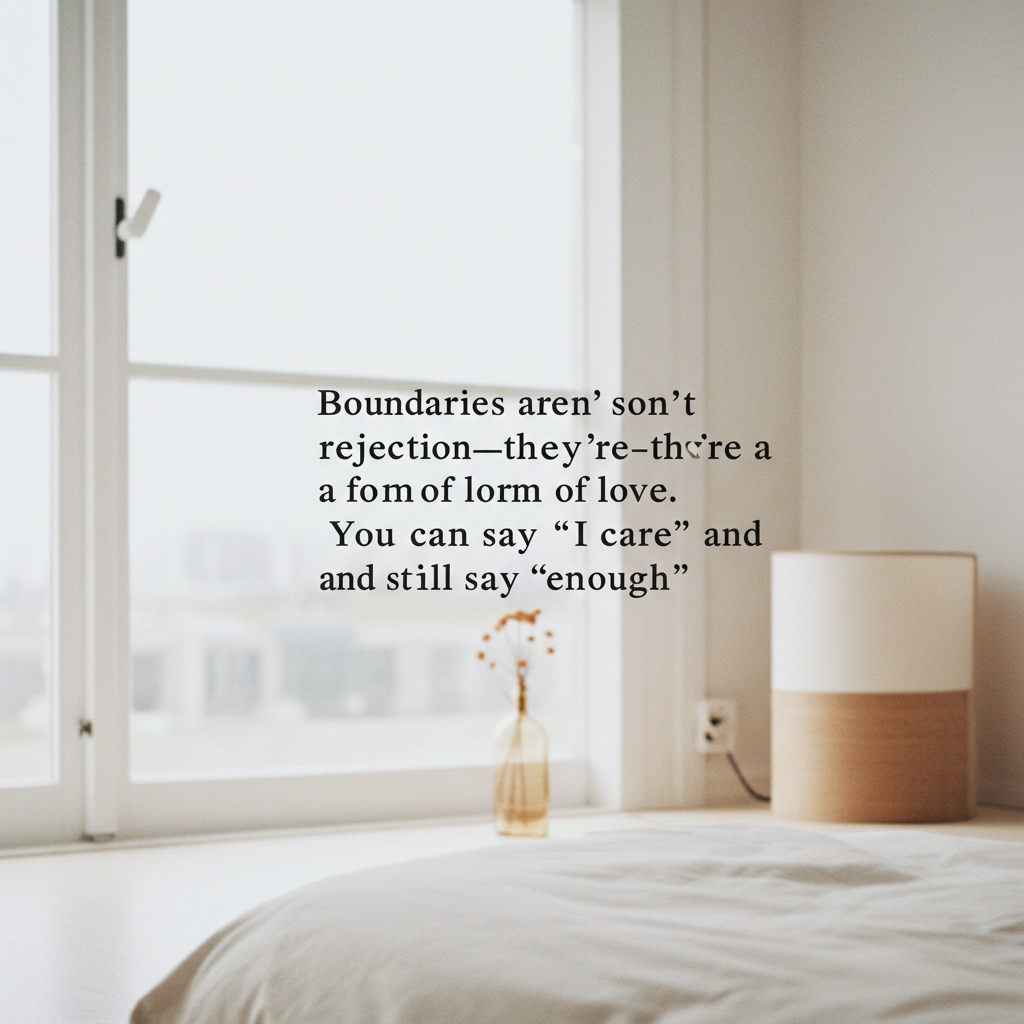
Boundaries often get mistaken for walls—but in reality, they are the bridges that keep relationships healthy.
Lina wasn’t saying, “Don’t talk to me.” She was saying, “I need space, too.”
By asking Evan to seek outside support, she wasn’t pushing him away—she was encouraging him to build a stronger foundation, one that didn’t rely entirely on her emotional bandwidth.
What Could They Do Now?
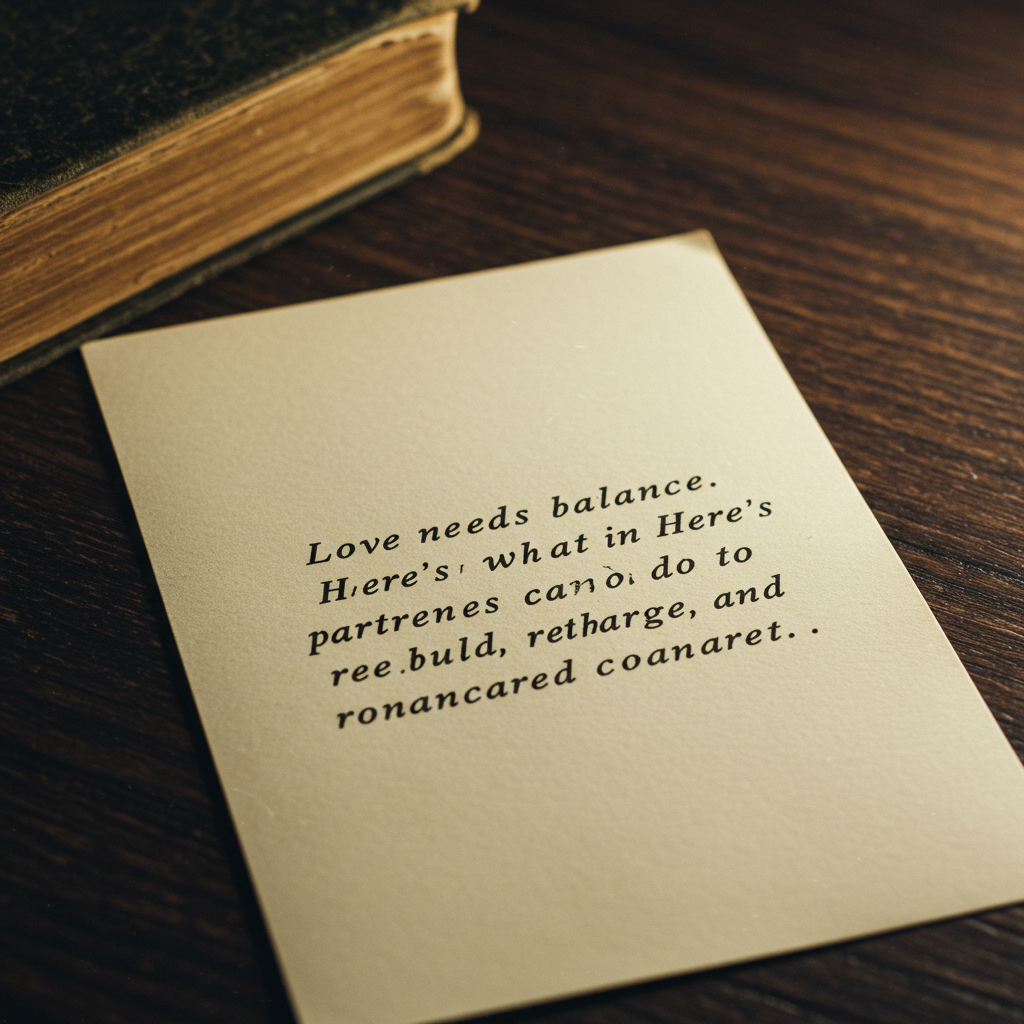
For Lina:
-
Reaffirm her love and support while restating the need for balance.
-
Suggest therapy as a tool, not a punishment.
-
Set “venting hours” or check-in rituals to manage emotional load.
For Evan:
-
Acknowledge the emotional toll placed on Lina.
-
Consider individual counseling or support groups.
-
Initiate more mutual conversations and ask how Lina is doing, too.
The Bigger Picture: Emotional Support vs. Emotional Drain
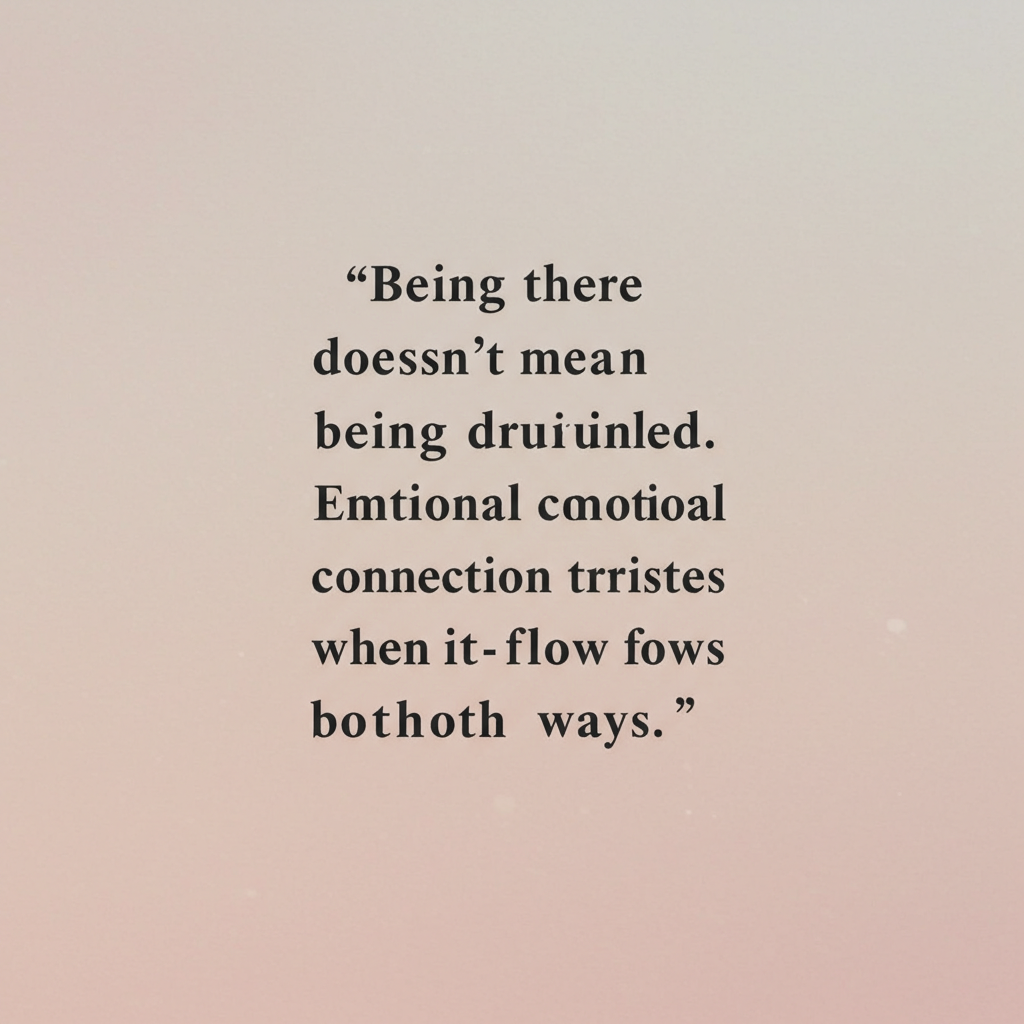
There’s a fine line between being supportive and being used as an emotional outlet.
Relationships thrive on communication—but both partners need to feel heard. If one person becomes the permanent “listener,” they eventually stop feeling like a partner and start feeling like an emotional sponge.
And that’s not love—it’s imbalance.
